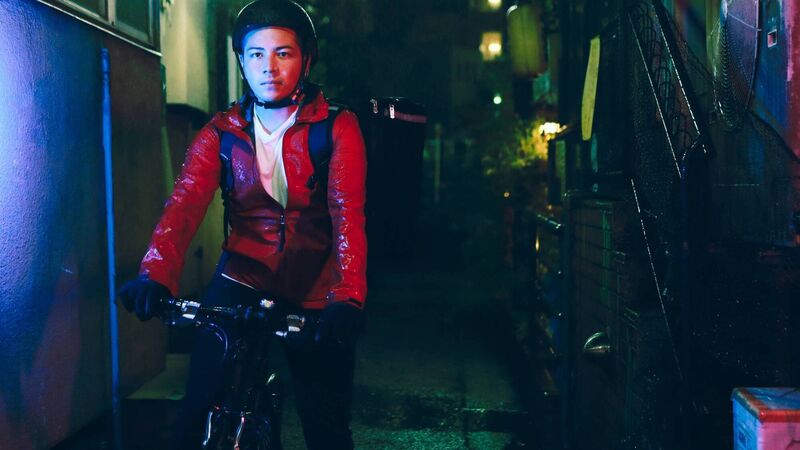Food delivery riders operating in twilight economic zone open to all sorts of exploitation

Food delivery drivers endure hazards including the threat of violence and theft.
Food delivery drivers and bike riders are ubiquitous, particularly in the State’s cities.
The person with the large cube-shaped bag on their back calling to the door with a delivery, drops it, and gets back on his bicycle or motorcycle or electric bike and hurries off for the next delivery.














